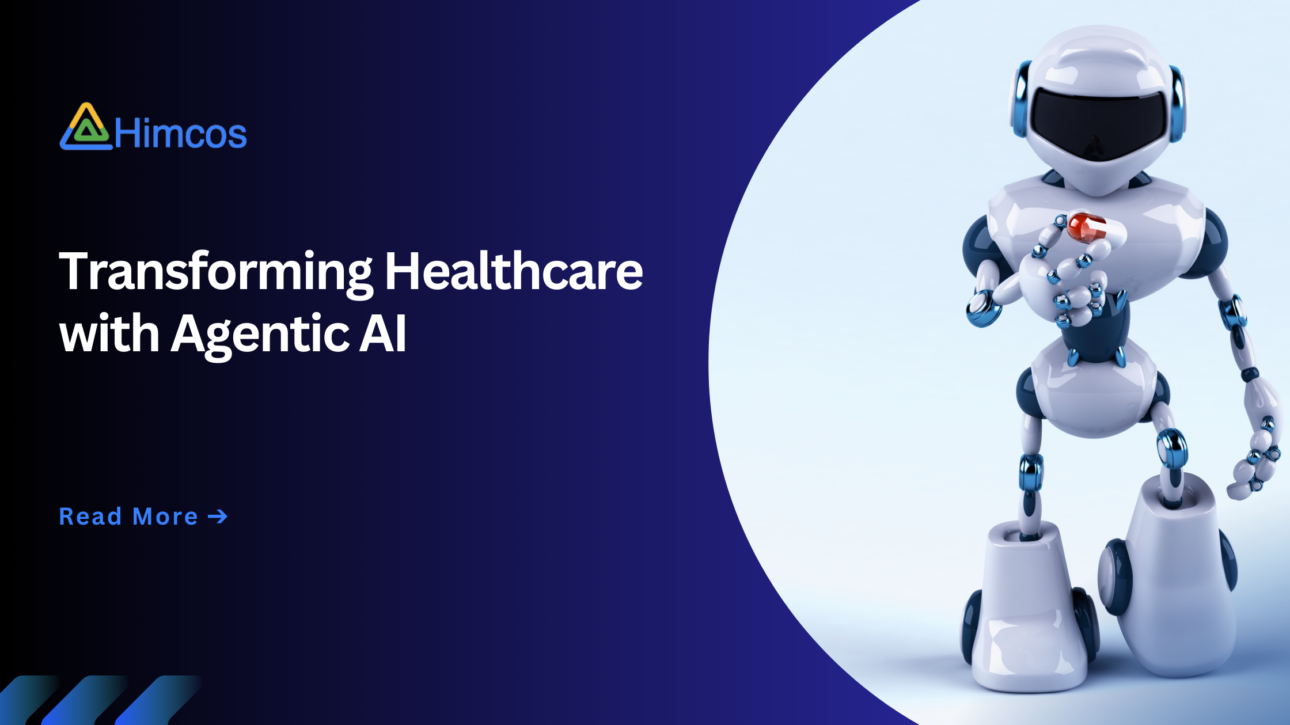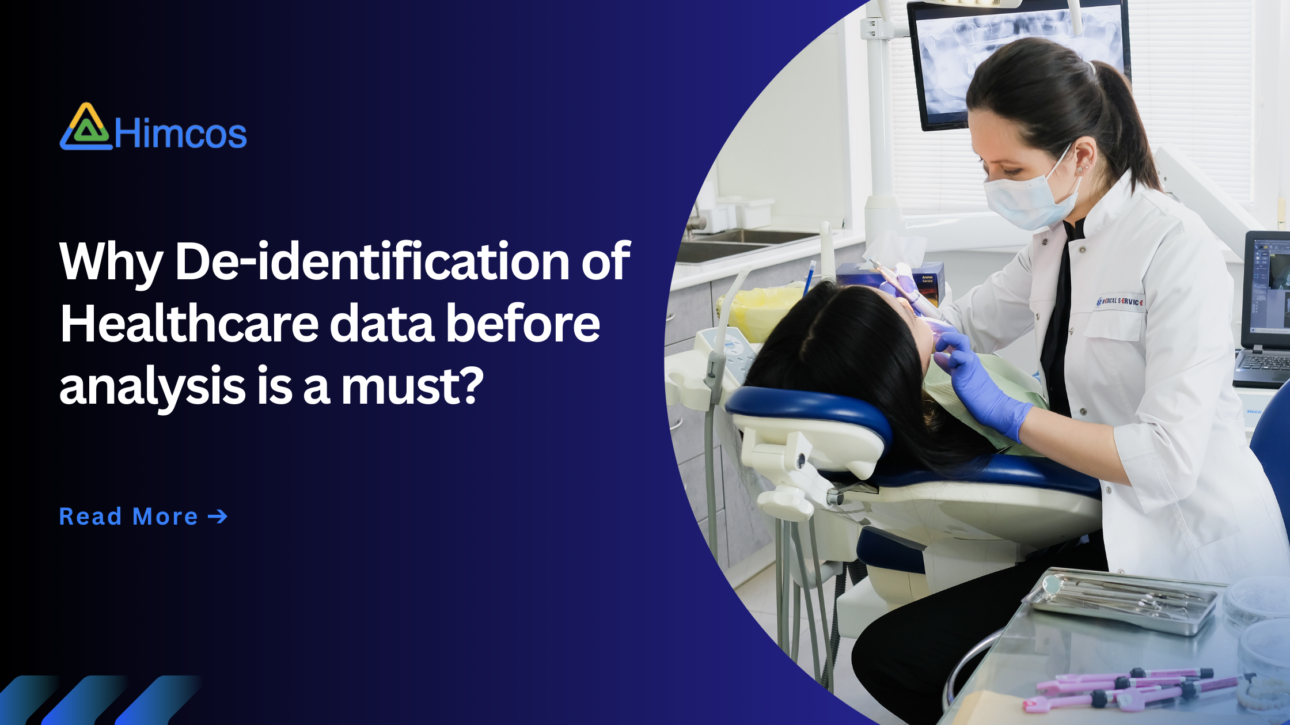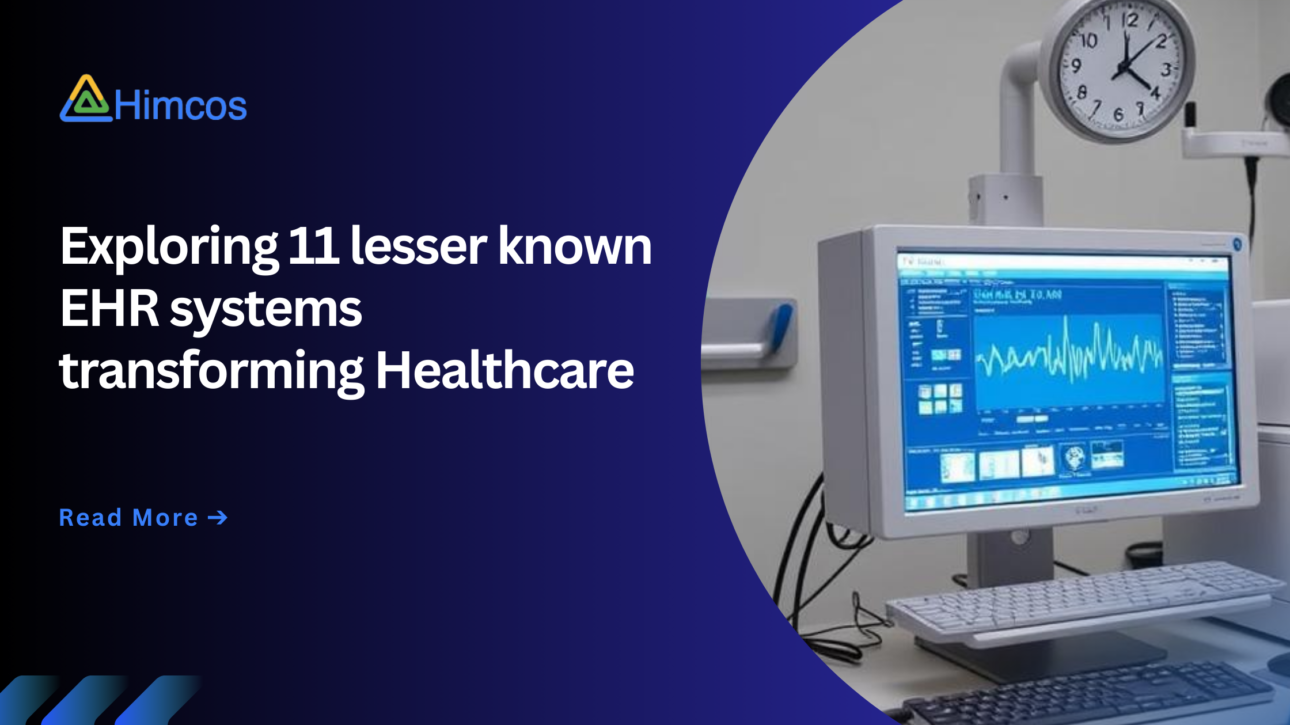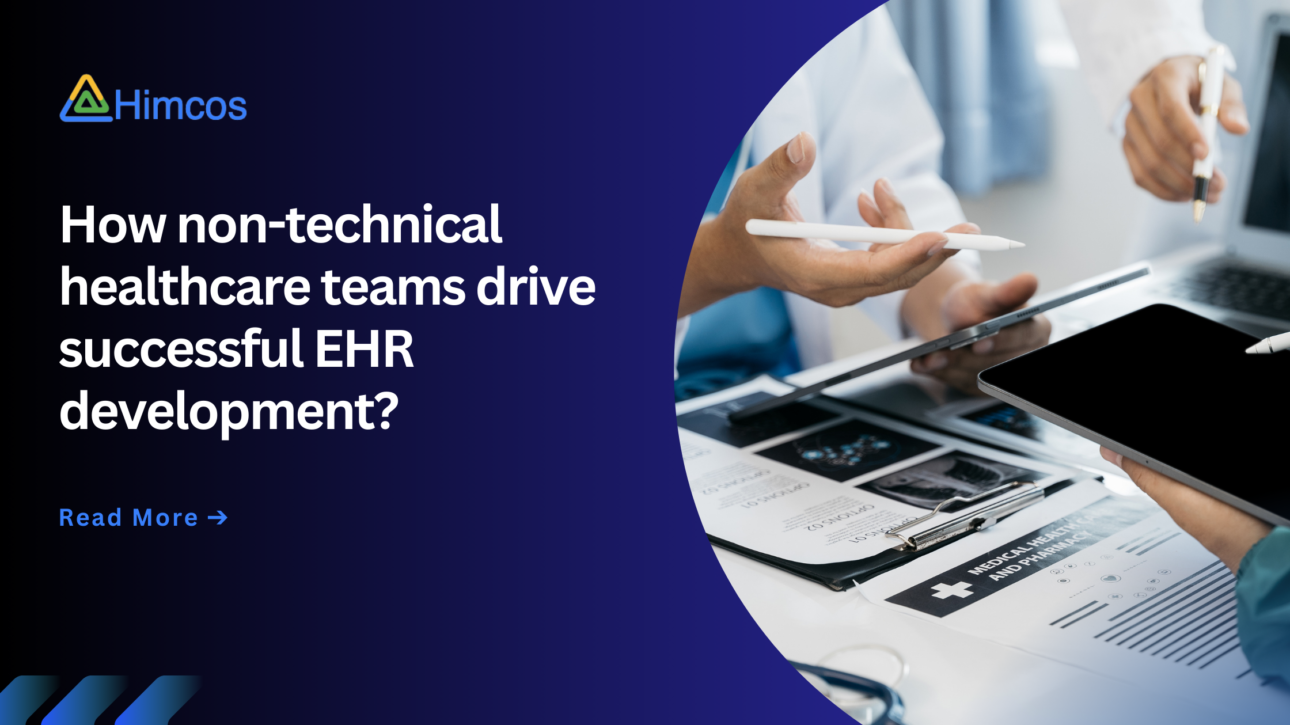The healthcare industry is drowning in an unprecedented wave of information. So, what is the role of agentic AI ns How Agentic AI is Transforming Healthcare? By the end of 2025, our world is estimated to generate 180 zettabytes data, contributing more than one third of this massive digital landscape with healthcare. The most shocking…







